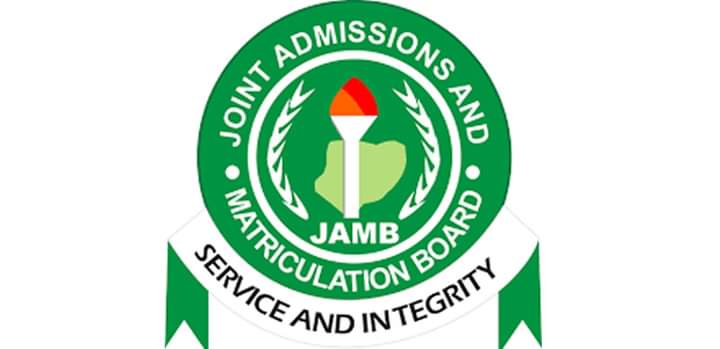JAMB Announces University Admission Cut-Off Mark
The Joint Admissions and Matriculation Board (JAMB) has established a cut-off mark of 140 for admission to universities, while the minimum cut-off point for admission to polytechnics and colleges of education has been set at 100.
This announcement was made by JAMB Registrar, Professor Ishaq Oloyede, on Thursday in Abuja during the 2024 Policy meeting of JAMB.
The meeting was attended by the Minister of Education, Tahir Mamman, as well as vice-chancellors, rectors, registrars of higher institutions, and other stakeholders.
During the meeting, the Minister of Education directed that admission to tertiary institutions should not be granted to candidates under the age of 18.
This directive was made in response to concerns about parents pressuring their underage children to gain admission to tertiary institutions.
While the announcement received mixed reactions from the vice-chancellors, rectors, and registrars present, the minister emphasized the need to address this issue.
It is worth noting that the cut-off marks set by JAMB serve as a benchmark for admission to tertiary institutions, and institutions may choose to set their own cut-off marks above the minimum set by JAMB.
Additionally, the directive regarding admission to underage candidates aims to ensure that students are adequately prepared for tertiary education and are of appropriate age to handle the academic and social responsibilities that come with it.
Mamman said that the 18-year benchmark is in line with the 6-3-3-4 system of education.
“JAMB is hereby instructed from admission this year to admit only eligible students. That is those who have attained 18 years by our laws,” the minister.
The education minister noted that his stance on prohibiting admission to underage students backed by Nigerian law.
He pointed out that the law dictates a specific educational pathway for students, which includes six years of primary school, three years of basic education, and three years of secondary school, culminating in a minimum age requirement for tertiary education.
He stressed that this legal framework does not necessitate a statement from him to be considered by admission bodies.
Mamman further explained that the Ministry of Education is taking proactive steps to address the needs of students who may not gain admission to tertiary institutions.
He highlighted that the ministry is introducing skills training programmes for pupils from primary school onwards, providing alternative educational pathways and ensuring that students acquire valuable skills to equip them for their future endeavors.
This initiative aims to cater to diverse student needs and promote inclusive education.














































